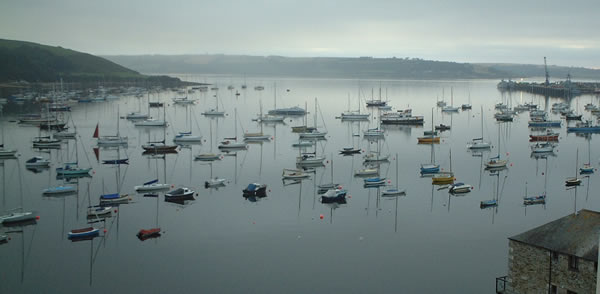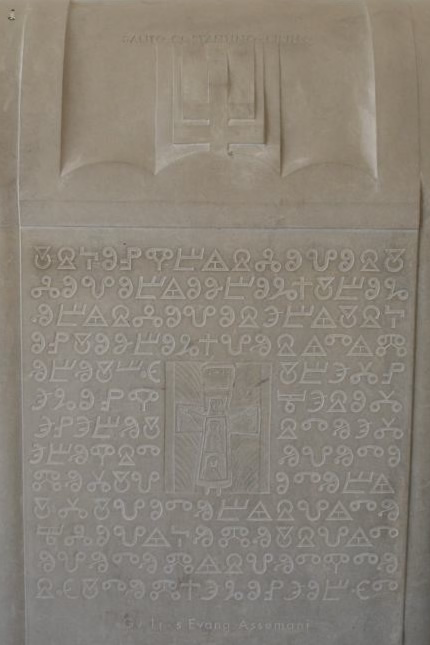
Mi orffenes i ddrafft cyntaf fy nhraethawd hir Ddydd Llun yr wythnos hon, ac ar Ddydd Mawrth mi es i i Aberfal yng Nghernyw i weld fy mrawd a fy rheini. Mae fy mrawd newydd orffen ei daith o gwmpas y byd yn ei gwch hwylio Kika, ac ro’n ni’n yn Aberfal i’w groesawu o yn ôl. Mae’r lle yn hyfryd ac mi fwynheuon ni yn fawr.
Cornwall
I finished the first draft of my dissertation on Monday of this week, and on Tuesday I went down to Falmouth in Cornwall to see my brother and my parents. My brother has just finished his circumnavigation of the world in his yacht Kika, and we were in Falmouth to welcome him back. It’s a really nice place and we had a good time there.



